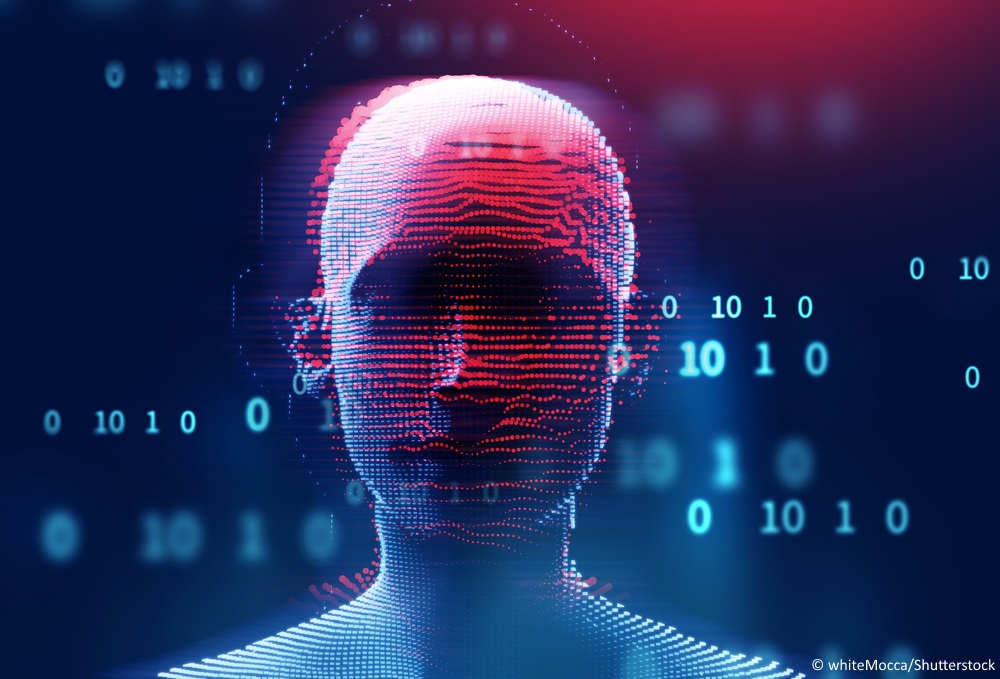
Digital Global Registry
Under international law, only states can confer a legal status on individuals and grant them an international legal identity. This situation creates two problems: a) human rights violations: 1.1 billion people, or 15% of the world population, do not have official identification; b) lack of self-governance: international law is based on Westphalian sovereignty under which citizens govern their lives indirectly through the state. Individual participation in international law-making, even in decisions that directly affect them (e.g., refugees have no representation in the UNHCR) and even with regard to governance of global challenges that go beyond national borders (e.g., global ecology), is only realized through state representatives.
The project explores a new concept, “global e-citizenship,” which may be able to overcome these problems. It examines the concept and the challenges in its implementation, and investigates its legal status—not a replacement of national citizenship, but rather a complementary layer to national structures. It further discusses whether a global e-citizenship can be considered a form of citizenship, or perhaps it fails to fulfill the essential conditions of citizenship—or indeed of any kind of political relationship.

